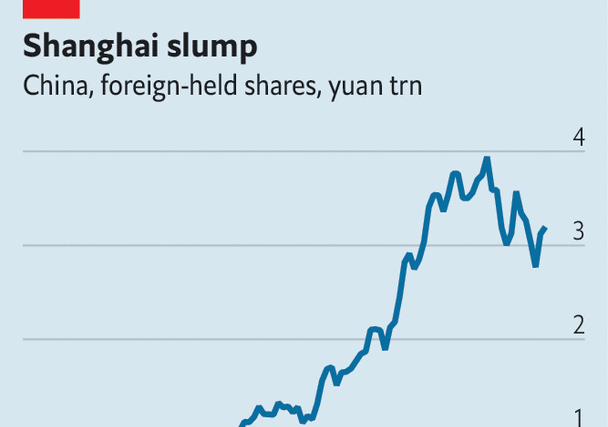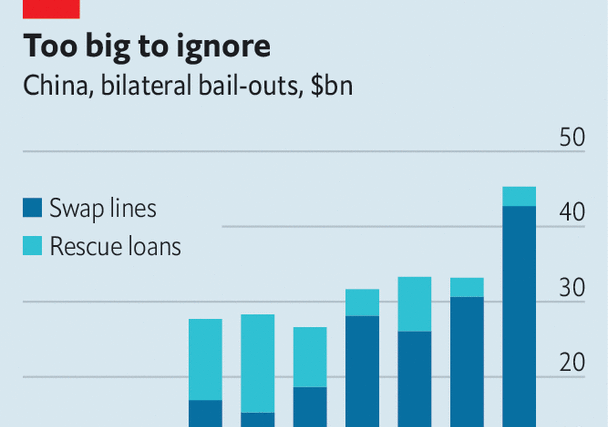UK banking customers are still resistant to change, with one in three preferring to do all their banking in person, according to a recent survey by Accenture.
The survey of over 2,400 UK adults found that while 38 per cent of people now have a digital-only bank account, only 12 per cent use it as their main bank. A clear generational divide exists, with over half of 18 to 24 year olds having a digital-only account, double that of those aged 55+.
“On the one hand, it’s plain for all to see that customers continue to do more banking digitally and that they value great digital experiences via mobile apps and digital channels,” said Tom Merry, managing director, banking strategy at Accenture. “At the same time, there is still a significant part of the population who want human interaction. The big banks must balance a fantastic digital experience with human experiences when they matter.”
While digital banks are in demand for Gen Z, three in five people still spurn them. The most popular reasons for not using digital-only banks were the desire to visit a branch or speak to staff, with almost one in five still concerned about data security and financial stability of digital-only banks.
Managing money
The cost-of-living crisis has impacted the way customers manage their money, with three-quarters of respondents agreeing that it has affected them. While almost two-thirds of those people had not taken any action with their banks, there are signs that some are taking on more debt in response to rising costs.
Over one in 10 respondents said they had taken on more credit card debt to cope with the squeeze, while five per cent said they had taken out a new loan or additional line of credit.
“While cost of living pressures are forcing customers to rethink their spending and consider how they manage their finances, two thirds haven’t taken specific action with their bank,” added Merry. “Banks can play an invaluable role by delivering products that give value for customers but also offering more support and guidance to those who will need it.”
Importance of cash
Jenny Ross, Which? Money Editor, commented that access to cash remains hugely important for a significant minority who use it to pay for everyday essentials and keep track of their spending during the cost of living crisis.
Ross said: “Access to cash remains hugely important for a significant minority who use it to pay for everyday essentials and keep track of their spending during the cost of living crisis but banks continue to close hundreds of branches – making it harder for people to deposit and withdraw their money.
“Schemes introduced by the banking industry to protect these services, such as banking hubs, are a good start in plugging gaps left by closing physical branches, but they must be rolled out much more quickly if consumers are to feel their benefits.
“The government must look again at proposals to introduce guaranteed minimum levels of free access to cash.”




The Most Read
Сryptocurrencies
Bitcoin and Altcoins Trading Near Make-or-Break Levels
Financial crimes
Thieves targeted crypto execs and threatened their families in wide-ranging scheme
Financial crimes
Visa Warning: Hackers Ramp Up Card Stealing Attacks At Gas Stations
News
Capitalism is having an identity crisis – but it is still the best system
Uncategorized
The 73-year-old Vietnamese refugee is responsible for bringing Sriracha to American consumers
Uncategorized
Electric Truckmaker Rivian, Backed By Amazon, Ford, Raises Whopping $1.3 Billion